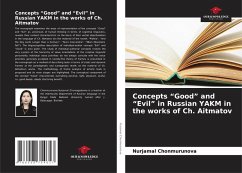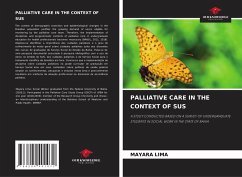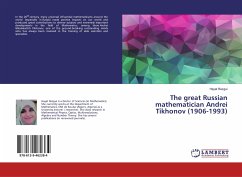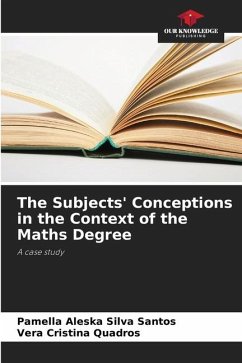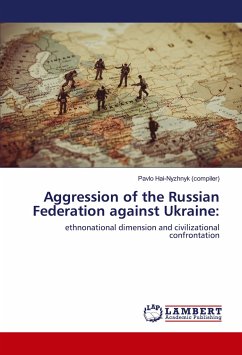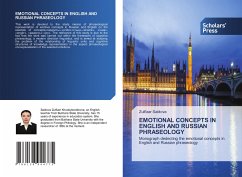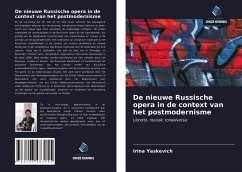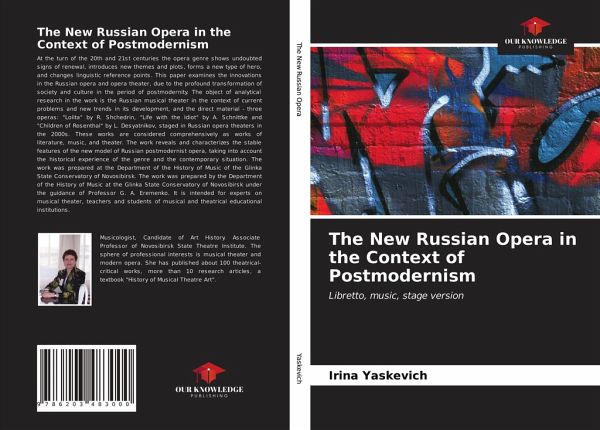
The New Russian Opera in the Context of Postmodernism
Libretto, music, stage version
Versandkostenfrei!
Versandfertig in 1-2 Wochen
45,99 €
inkl. MwSt.

PAYBACK Punkte
23 °P sammeln!
At the turn of the 20th and 21st centuries the opera genre shows undoubted signs of renewal, introduces new themes and plots, forms a new type of hero, and changes linguistic reference points. This paper examines the innovations in the Russian opera and opera theater, due to the profound transformation of society and culture in the period of postmodernity. The object of analytical research in the work is the Russian musical theater in the context of current problems and new trends in its development, and the direct material - three operas: "Lolita" by R. Shchedrin, "Life with the Idiot" by A. ...
At the turn of the 20th and 21st centuries the opera genre shows undoubted signs of renewal, introduces new themes and plots, forms a new type of hero, and changes linguistic reference points. This paper examines the innovations in the Russian opera and opera theater, due to the profound transformation of society and culture in the period of postmodernity. The object of analytical research in the work is the Russian musical theater in the context of current problems and new trends in its development, and the direct material - three operas: "Lolita" by R. Shchedrin, "Life with the Idiot" by A. Schnittke and "Children of Rosenthal" by L. Desyatnikov, staged in Russian opera theaters in the 2000s. These works are considered comprehensively as works of literature, music, and theater. The work reveals and characterizes the stable features of the new model of Russian postmodernist opera, taking into account the historical experience of the genre and the contemporary situation. The work was prepared at the Department of the History of Music of the Glinka State Conservatory of Novosibirsk. The work was prepared by the Department of the History of Music at the Glinka State Conservatory of Novosibirsk under the guidance of Professor G. A. Eremenko. It is intended for experts on musical theater, teachers and students of musical and theatrical educational institutions.



